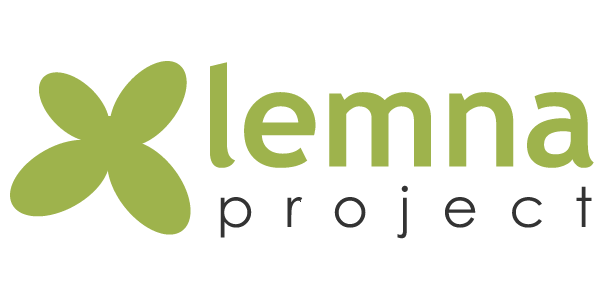Objectives
The main objective is to improve nutrient management and reduce the environmental impact of animal farming by demonstrating the feasibility of an innovative nitrogen and phosphorous recovery technology based on duckweed (aquatic plant*) production system for the sustainable treatment of anaerobically digested manure. In the proposed system, duckweed biomass is further processed to obtain new (bio)based products for local consumption, mainly biofertilisers and feed, within a circular and more sustainable animal production system.
The project tackle a main EU environmental problem existing in most countries which is polluted water bodies by surpluses of manure nutrients in animal farming areas causing eutrophication and other negative impacts. It will contribute to achieve the WFD and Nitrate Directive objectives and develop other related EU legislation and policies in areas like climate change, or air and soil quality. The project also tackles resource efficiency, scarcity of phosphorous, and the high environmental impact associated to animal protein production in comparison with vegetable protein.
Specific objectives are listed below:

